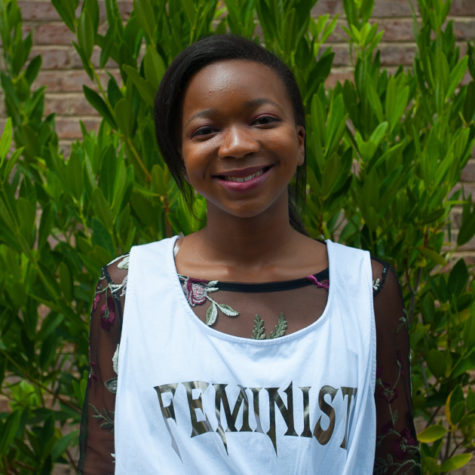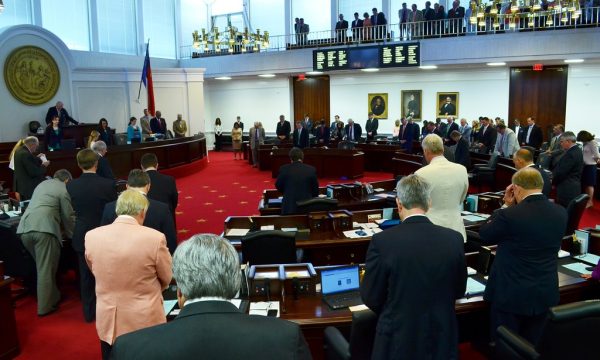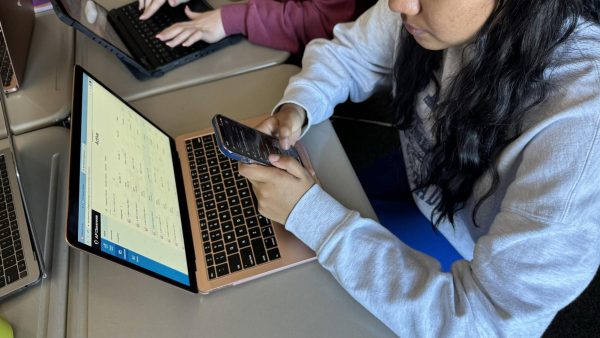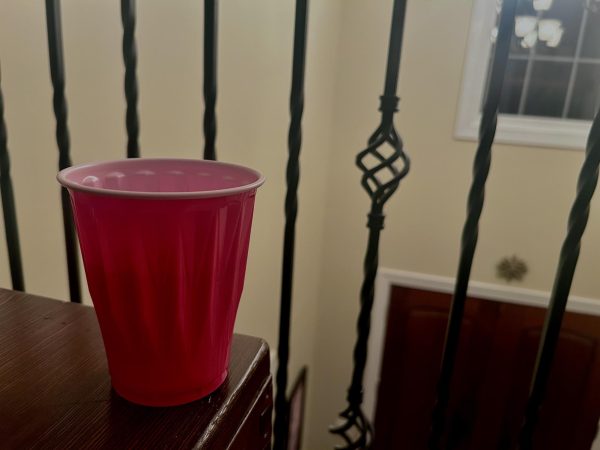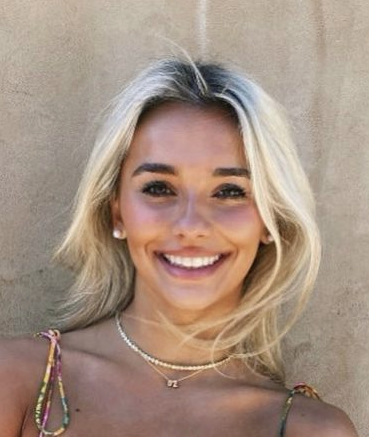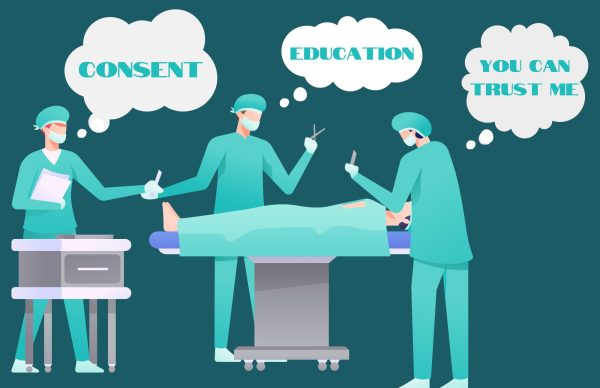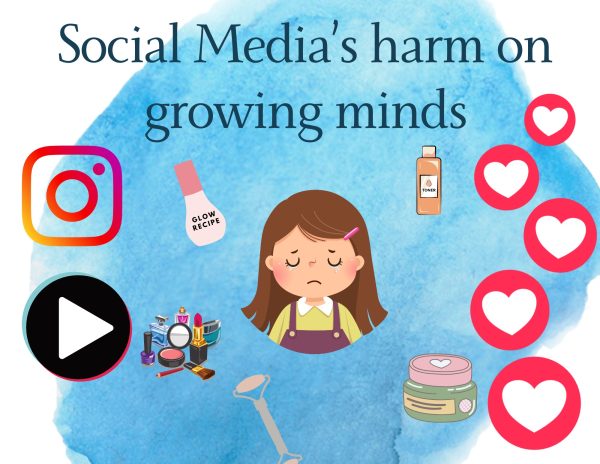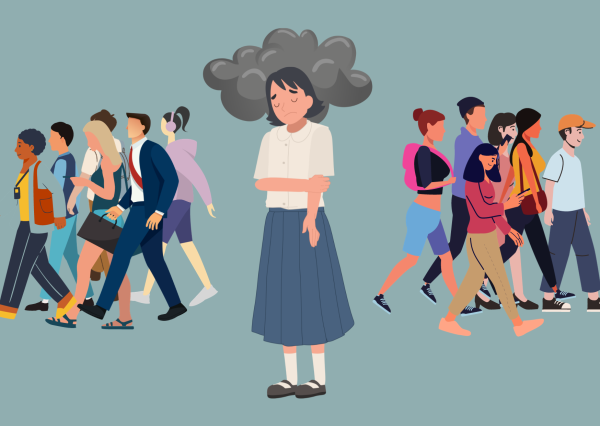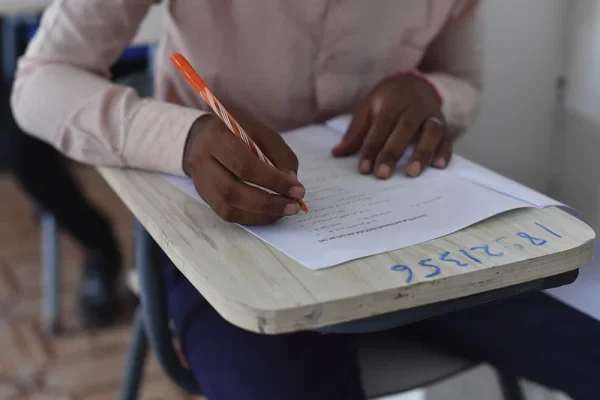LGBT+ education: including queer icons and culture
In a failing system, LGBT+ students can become their own history without knowing. In the era of Trump, it’s more important than ever for LGBT+ students to not only know current icons but historical ones also. (TW: Suicide, depression, homophobia)
The public education system doesn’t inform us about the the queer leaders and revolutionaries in the past and in the present. During my sophomore year, I came out to my friends and family. My sexuality wasn’t initially accepted by my family, and I felt isolated and alone. I wish I would have known the history of black lesbians and other LGBT+ icons that came before me. While growing into my sexuality, I witnessed the Pulse Nightclub shooting, the transgender military ban, and even the homophobic rhetoric of friends and family. These experiences tempted me to draw further and further back into the closet. I didn’t learn about the bravery of Angela Davis or the poetry of Audre Lorde. I knew nobody else like me. I looked to every media outlet and person for validation of my experiences and feelings. These were the hardest years of my life as I grappled between religion, sexuality, and family searching for others like me. This is why we need LGBT+ history and sex education in our school systems. I’d never wish onto anybody the backlash I received from my family, but unfortunately, my experience isn’t uncommon. Queer high schoolers often face discrimination in their school through bullying and in their home. It’s time to become aware and make a change, so no queer kid ever has to feel alone again.
In our society, being here and queer is more accepted than ever. There are queer icons in our music, television, and even our government. So why aren’t these icons being taught and studied in our schools, when the last generation was recorded as the gayest ever by the Public Religious Research Institute? Our society has evolved to embrace the queer people in our society, we have media outlets where LGBT+ people have made a platform to share ideas and connect. It’s time for our public education system to finally catch up and give us an inclusive education that will best serve us in society. Even if we don’t go to liberal colleges and waltz into a gender and sexuality studies class, we should be educated about the people in our society. California takes the lead in this inclusive LGBT+ history. TIME magazine reports that California mandates LGBT+ inclusive education and was the first state to do so, this representation is more important than ever. With anti-LGBT+ bills being proposed like HB2 of the North Carolina House, we need to let LGBT+ students know that they are valid and not alone. The effects of homophobia and the lack of LGBT+ education can be seen in our society.
LGBT+ youth are at a much higher risk of suicide contemplation and committing suicide. The Trevor Project comments on these increased suicide rates and has a hotline for those contemplating suicide. According to the Trevor Project, which support and fundraises for LGBT+ youth, “LGB youth are almost five times as likely to have attempted suicide compared to heterosexual youth.”
The lack of acceptance and overall rejection from their communities connected with the hardships of grappling with sexuality are common reasons for the high suicide rates. Role models are important for any young student. The lack of role models for LGBT+ students in our schools is a disservice to our students and communities. The queer community has a long history of discrimination and even contributions to mainstream to society that should be acknowledged and taught. A list of these LGBT+ icons can be found below with longer descriptions of my personal, historic favorites.
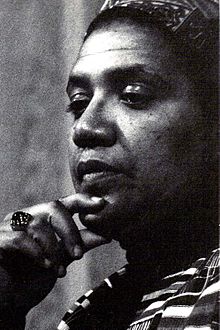 Audre Lorde (1934-1992)
Audre Lorde (1934-1992)
Lorde describes herself as,“deliberate and afraid of nothing”. She was an educated black lesbian that started multiple non-profit organizations with her life-long partner Dr. Gloris I. Joseph. Her poetry focused on intersectional feminism and her place within each of her identities. She was focused on including poor women, women of color, queer and mentally ill women into the feminist movement.
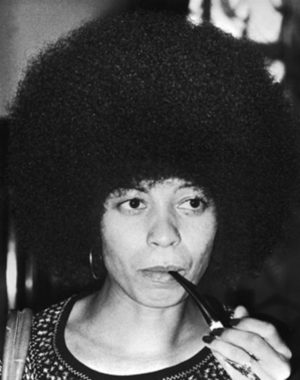 Angela Davis (1944-)
Angela Davis (1944-)
An advocate for the black communist party, Che-Lumumba Club, Angela Davis grew up on “Dynamite Hill” which is a black community that was often bombed by the Ku Klux Klan. She was often involved with the Black Panther Party and issues concerning the African-American community. Davis was involved in a prison outbreak of Soledad as a way to take a political stance on the injustices of the prison system after the Soledad brothers killed a prison guard. The prison guard previously killed other inmates after a riot. Angela Davis was arrested for her involvement in the escape was but acquitted. She was a committed activist for the LGBT community and while her own identity is questionable, lesbians of color often identify with her. Davis taught at University of California, Santa Cruz before retiring in 2008. Her legacy of prison abolition, communist ideals, and the civil rights movement are documented in her multiple books.
 Sylvester (1947-1988)
Sylvester (1947-1988)
The Los Angeles born artist, Sylvester, sung in the era of Donna Summers and Miquel Brown. They were one of the first genderqueer artist in an era were that term never came to light. They were seen in feminine and masculine drag. The artist was also gay and HIV positive in a time where people with HIV were ostracized from society. Sylvester broke boundaries on all levels and debuted iconic songs like, “You Make Me Feel (Mighty Real).” Sylvester’s talent has made a legacy for not only themselves but for also people who are genderqueer.
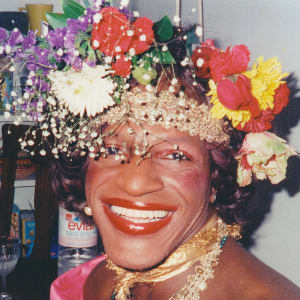 Marsha P. Johnson (1945 – 1992)
Marsha P. Johnson (1945 – 1992)
Best known for throwing the first brick at Stonewall, the famously gay nightclub, Marsha P. Johnson was a transgender black woman who was an icon in her community, she created STARR, Street Transvestite Action Revolutionaries, with her right-hand Sylvia Rivera. She was known for leading riots and pride parades. Her murder is a controversy that still hasn’t been solved today. She mysteriously disappeared on a night out and became apart of the hundreds of transgender women killed in America.
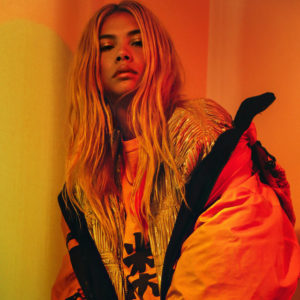 Hayley Kiyoko (1991-)
Hayley Kiyoko (1991-)
The 26-year-old lesbian icon, Hayley Kiyoko, was initially a child actor. She starred on Disney channel’s Lemonade Mouth but she is now referred to as the “lesbian Jesus” after the release of the lesbian anthem “Girls Like Girls”. Kiyoko has continued to produce new music and her new album Expectations still continues to produce iconic songs about lesbian romance, breaking more boundaries than ever before.
Historic
- Audre Lorde- Caribbean, lesbian, writer
- Angela Davis- lesbian, leader of 1960 communist party
- Sylvester- androgynous gay man who sung amazingly
- David Bowie- androgynous persona
- Marsha P. Johnson- threw first brick at Stonewall
- Sylvia Rivera- Marsha P. Johnson’s wing woman, advocated for STARR
- Santhi Soundarajan- intersex athlete
- Bayard Rustin- gay, organizer of the March on Washington and worked with Martin Luther King Jr.
Current
- Hayley Kiyoko- the lesbian queen, writes and sing queer music
- Troye Sivan- gay singer who sings queer music
- Keiynan Lonsdale- wrote “Kiss the Boy” for the movie Love, Simon
- Kehlani- bisexual singer who sung the song “Honey” which is a romantic, queer love song
- Bunny Michael- is known as Instagram’s “residential therapist” and creates memes about self-love and self-acceptance
- Laverne Cox- transgender actor that broke down multiple barriers by starring in films and getting roles not typically played by transgender actors.
- Pabllo Vittar- drag queen, Brazilian icon
- Ellen Degeneres- LGBT activist and TV host of the Ellen DeGeneres Show
- Jazz Jenning – transgender reality TV show star, she brought the struggles of being transgender to the light with her show I am Jazz
- Chaz Bono- transgender advocate that spoke for the transgender community before Laverne Cox, writer, musician, and advocate
- Sam Smith- non-binary and gay singer that features LGBT+ couples in his music videos. Made the song “Stay With Me”
- David Jay- asexual visibility creator who created the Asexual Visibility and Education Network
- Danica Roem- first transgender lawmaker in the Virginia General Assembly
Do you think LGBT+ education should be taught in school? If so, to what extent?



